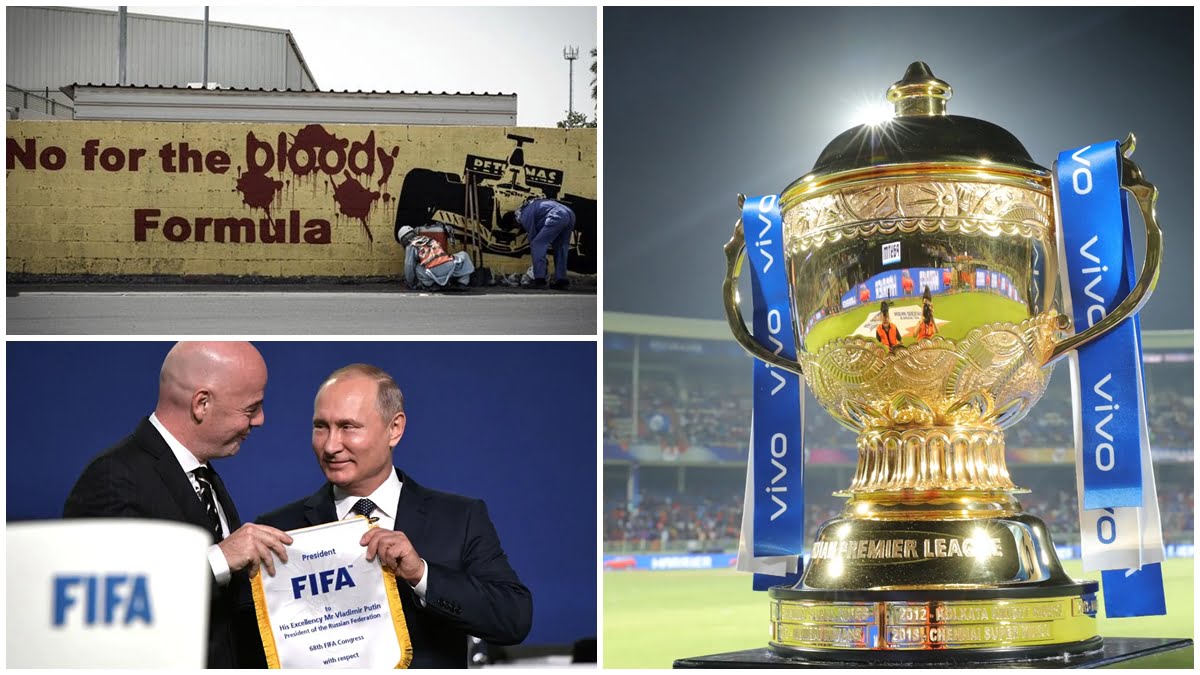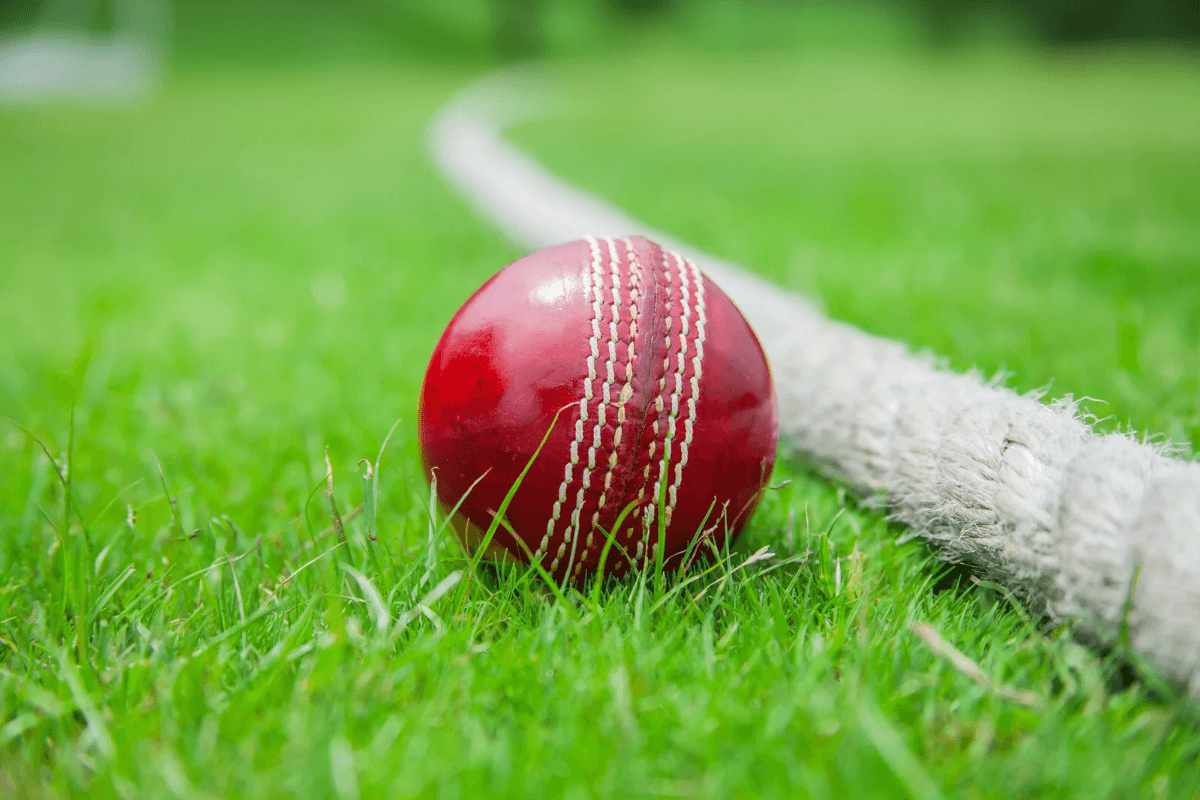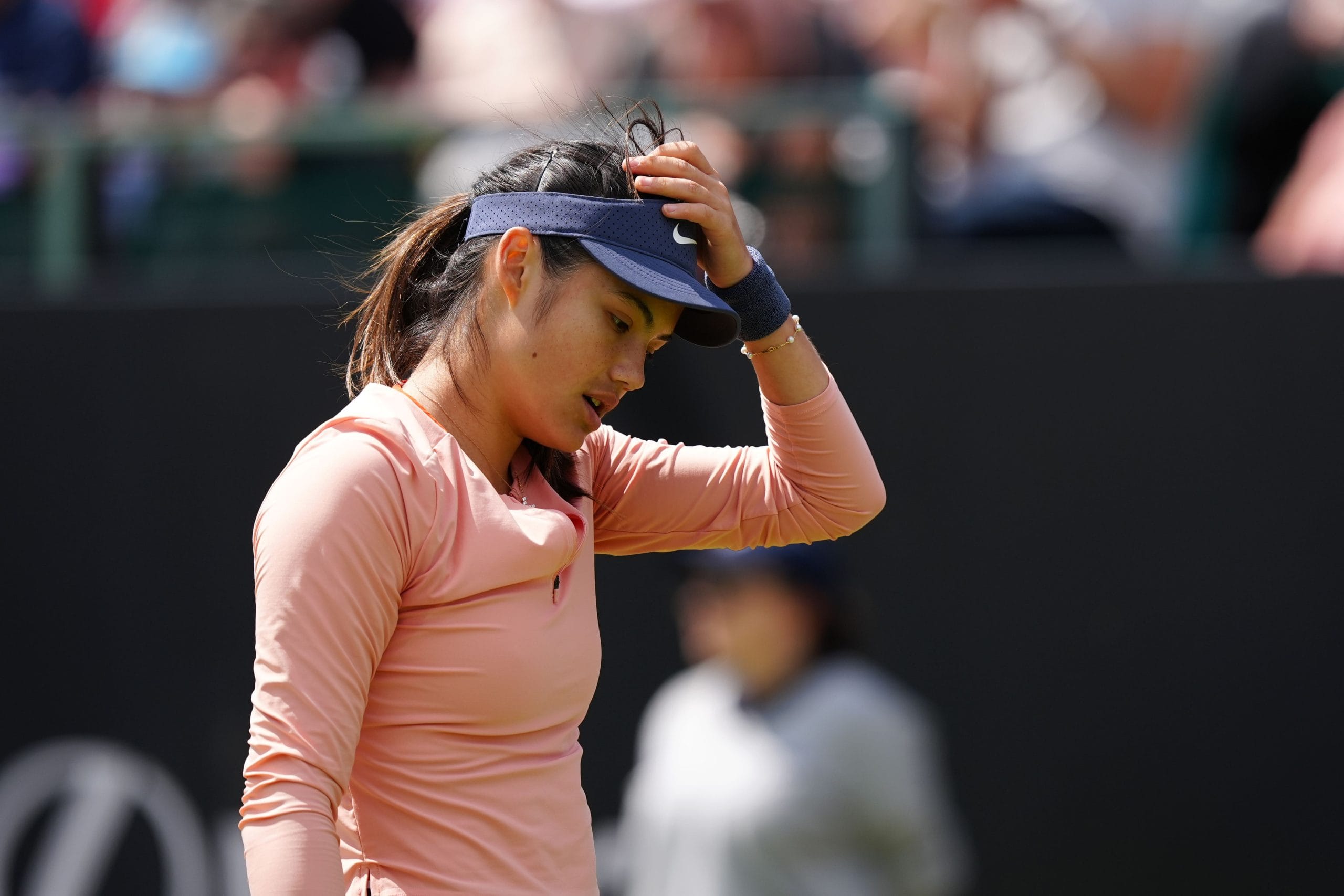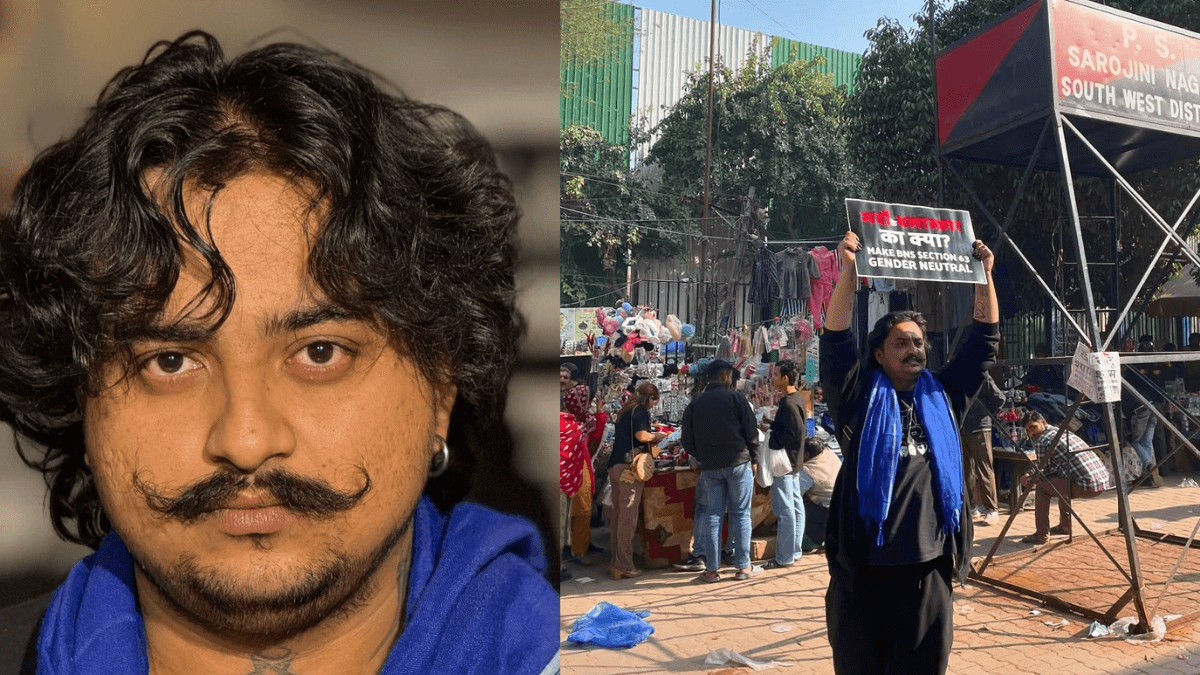As the saying goes, “sports has the power to unite people”. That is indeed true. We have witnessed time and again sports bring together people from different backgrounds, ages, and countries. But this very factor also has a dark side to it. Due to its ‘unifying’ factor, sports is also increasingly instrumentalised to distract the world and to cover up corrupt practices and human rights violations. This has become so common, that there is a term for it —sportswashing.
What is sportswashing?
Sportswashing is the practice adopted by nation-states and powerful individuals to use sports and major international sporting events to improve their reputation, by hosting the sporting event, purchasing teams in major sporting leagues around the world or through sponsorship of sporting teams. At the state, individual and corporate levels, sportswashing has been used to divert attention away from a human rights violation, corruption, scandals, and even crimes. The term was first used by the Sports or Rights Campaign in 2015, in its effort to call out Azerbaijan’s attempt to gloss over human rights violations by stepping up to host major international sporting events.
Countries like the UAE, Russia, Saudi Arabia, that have had poor human rights records and a questionable curb on the freedom of expression, have time and again used sports to silence its critics and hype up the country’s global image and reputation, thus trying to shut down any conversation on their human rights abuse record.
Also read: Revisiting The False Narrative Of The Oppression Of Cristiano Ronaldo
History of sportswashing
While the term sportswashing was only coined quite recently, the practice is widespread and has been around for close to a century. It has a much longer and problematic history than many imagine. The 1934 second FIFA World Cup, hosted by Mussolini’s Italy, and the 1936 Olympic Games held in Hitler’s Berlin were used to legitimise these regimes and promote their totalitarian ideals.
While the term sportswashing was only coined quite recently, the practice is widespread and has been around for close to a century. It has a much longer and problematic history than many imagine. The 1934 second FIFA World Cup, hosted by Mussolini’s Italy, and the 1936 Olympic Games held in Hitler’s Berlin were used to legitimise these regimes and promote their totalitarian ideals.


During the Nazi Olympics in Germany, political figures and industrialists who earlier had reservations about Adolf Hitler, witnessed the successful Berlin games and were persuaded to believe that Hitler could make Germany strong again. Meanwhile, Italy won the 1934 Football World Cup with Mussolini in power.
Sportswashing and sporting tournaments
In the past few decades, sportswashing has seen itself being manifested in almost all major sports around the world and in almost all major sporting events around the calendar. In 2017, FIFA adopted a Human Rights Policy pledging to “go beyond its responsibility to respect human rights” by taking “measures to promote the protection of human rights and positively contribute to their enjoyment,”. The football body also instituted a new program of labor inspections at construction sites where the tournaments were going to be held, to keep a check on human rights abuses.
But exactly a year later in 2018, Russia hosted the FIFA World Cup despite an escalating crackdown on peaceful critics, curbing dissent, and workers dying during the construction of stadiums. The Russia World Cup managed to steer away these human rights issues and international conflicts away from media scrutiny. Amidst political repression and killing of political opponents, the successful sporting events in Russia acted as cover for President Vladimir Putin’s actions.
Not just that, one of the biggest and most popular football clubs in Europe, Chelsea is owned by Russian oligarch Roman Abramovich who is close to Russian President Vladimir Putin. Two of the biggest clubs in the world, Paris Saint Germain, owned by the Qatar Investment Authority and Manchester City, backed by the Abu Dhabi ruling family, are owned by powerful people and heads of governments, with terrible human rights records. The clubs however have achieved massive following and global status because of these states’ money, which in turn overshadows any negative comments. Football clubs are thus being used for sportswashing through sponsorship and ownership.
Also read: #MeToo In Sports: Why The US Men’s Fencing Team Wore Pink Masks At The Olympics
Similarly, Qatar will be hosting the FIFA 2022 World Cup despite multiple human right violations and several reports of terrible working conditions where numerous stadium construction workers have died. Saudi Arabia has been investing heavily in sports and hosting sporting events, notably the 2021 F1 race that is scheduled for later in the year, to shut up criticism about its degrading human rights situation. Saudi Arabia signed a ten-year deal with F1 to host the Grand Prix in the country, which is reported to be worth $65 million.
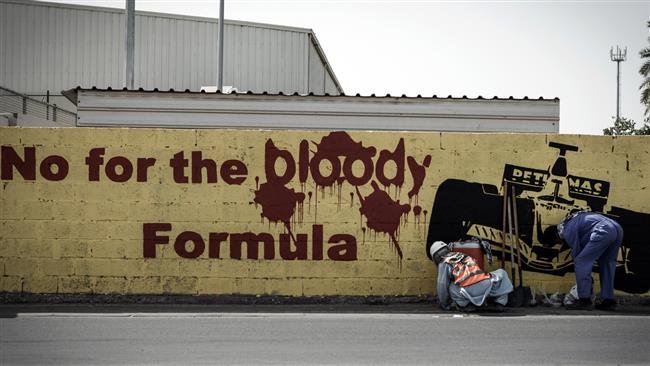
It should also be worth noting how these incidents of sportswashing garner some media coverage initially, but in the spirit of union and entertainment, they often get sidelined from popular memory as the game begins.
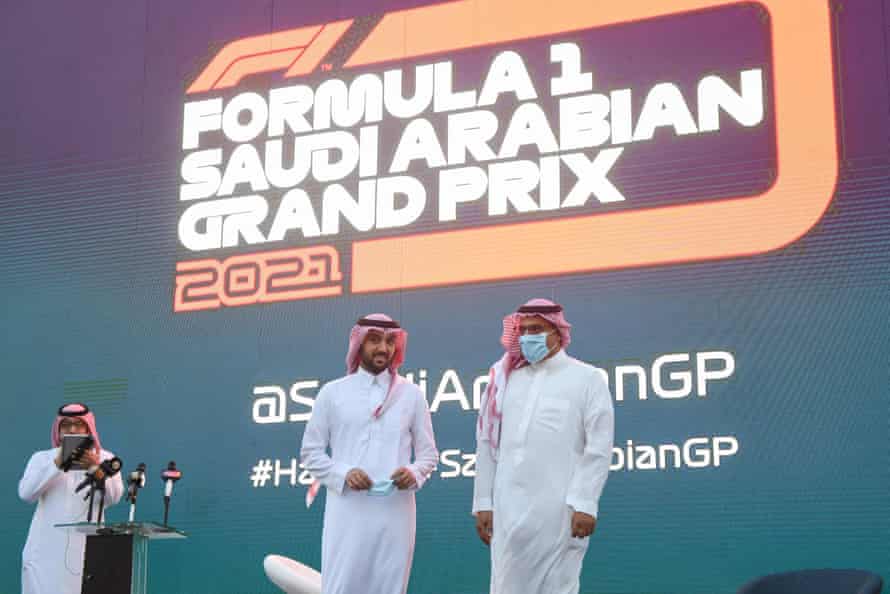
In recent times, the UAE has proven to be the strongest contender for major sporting events. Be it the IPL, or the upcoming ICC cricket world cup, UAE has jumped at the opportunity, with tournaments being rescheduled due to the COVID-19 restrictions across the world. When these big tournaments take place, it shifts the focus away from the UAE’s reputation of being a continued perpetrator of human rights abuses. The UAE has a history of restricting free expression, arresting critics of the state, and neglecting migrant workers’ rights in the country.
India’s role in aiding sportswashing
Moving closer home, India too has had its share of sportswashing incidents, the most recent one being the India leg of the 2021 IPL. Despite health warnings, a looming second wave of the pandemic, and stretched-out health infrastructure, the Indian government gave a go-ahead to host the IPL in the month of April, to give the world the image that “All is Well”. Well, all was clearly not well, as the second wave hit the hard, and the IPL had to be suspended midway.
Despite health warnings, a looming second wave of the pandemic, and stretched-out health infrastructure, the Indian government gave a go-ahead to host the IPL in the month of April, to give the world the image that “All is Well”.
What sportswashing does is make people believe that the world of sports and the real world are operating in two parallel bubbles. “It is okay if the host countries are indulging in human rights abuse, because hey, don’t get sports involved in it. It is supposed to be the neutral ground”. These are some of the popular sentiments doing the rounds.
Sportswashing enables states to infiltrate society and buy positive opinions and public perception. It is a soft power play and makes its way through a very complex path. The fans of the sport and the teams and individuals involved in the ecosystem then become part of the complicit system that is working to launder a certain oppressor state’s image.
Sports in the 21st century has moved far beyond the game itself. It is now a power contest and is slowly moving towards becoming more about money, status, and image. That is the biggest danger perhaps that the success of sportswashing poses for the world of sports. One must remember that the sports ecosystem cannot operate in isolation, in a bubble, away from all that is happening around it. Sports and sporting events are perhaps some of the biggest platforms to send out a message of social justice and make a strong point. It is high time that sports is made a socio-political instrument to take a stand.
About the author(s)
Shriya is a former student of literature and a multimedia journalist with an interest in sports and human rights. She can be found watching Shah Rukh Khan movies or listening to Ali Sethi and 90s Bollywood songs. She enjoys a good cup of black coffee multiple times a day and is often compared to 'Casper, the friendly ghost'.
